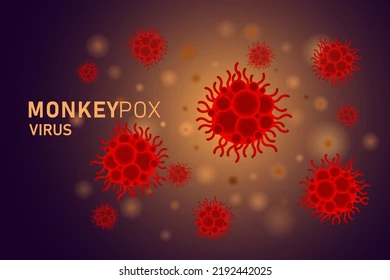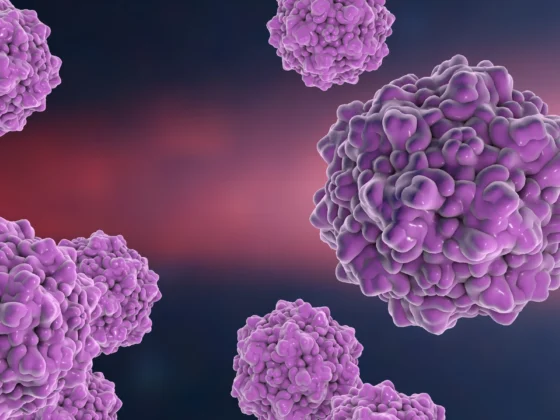New Delhi, August 29: A rare and potentially fatal mosquito-borne illness, Eastern Equine Encephalitis (EEE), has prompted health officials in [State Name] to issue a public health alert. The state is experiencing an unusual increase in EEE cases, raising concerns about the risk to human health.
EEE is a viral infection transmitted through the bite of infected mosquitoes. While the virus can infect a variety of animals, including horses, birds, and humans, the mortality rate among humans is alarmingly high, with approximately one in three cases resulting in death.
Symptoms of EEE can vary depending on the severity of the infection. In mild cases, symptoms may include fever, headache, fatigue, and muscle aches. However, in more severe cases, EEE can cause neurological complications, such as encephalitis (inflammation of the brain), seizures, and coma.
The current outbreak in [State Name] has prompted health officials to take precautionary measures to prevent the spread of EEE. These measures include:
- Mosquito Control: Increasing efforts to control mosquito populations through the use of larvicides, adulticides, and public education campaigns.
- Public Awareness: Raising awareness about the risks of EEE and encouraging residents to take precautions to prevent mosquito bites.
- Surveillance: Monitoring the spread of EEE through surveillance activities, such as testing sick horses and birds for the virus.
While the risk of EEE infection is relatively low, it is important to take precautions to protect yourself and your family. Here are some tips to prevent mosquito bites:
- Wear long-sleeved clothing and pants.
- Use insect repellent containing DEET, picaridin, or other effective ingredients.
- Limit outdoor activities during peak mosquito feeding times (dusk and dawn).
- Eliminate standing water around your property, as this can provide breeding grounds for mosquitoes.
It is also important to seek medical attention immediately if you experience symptoms of EEE. Early diagnosis and treatment can improve the chances of recovery. The current outbreak of EEE in [State Name] serves as a reminder of the importance of public health preparedness and the need to take steps to prevent the spread of mosquito-borne diseases. By following the recommendations of health officials and taking precautions to prevent mosquito bites, individuals can help protect themselves and their communities from this serious illness.










